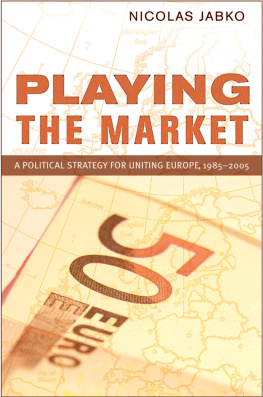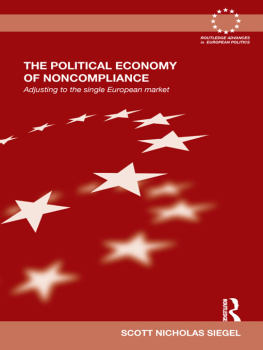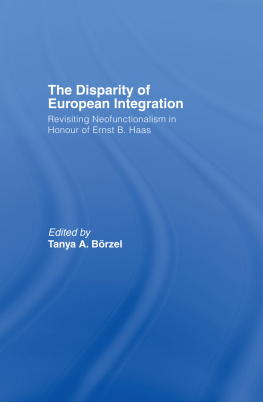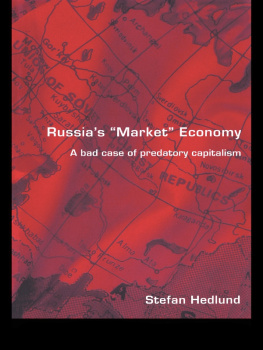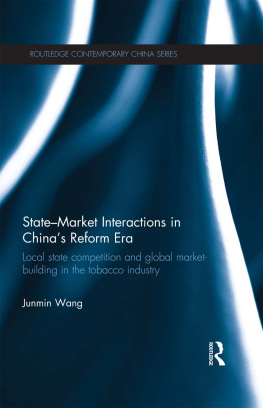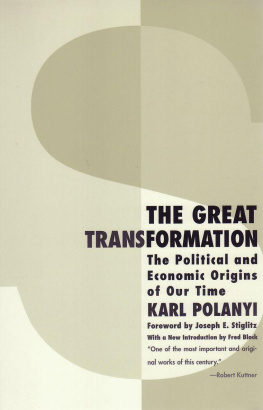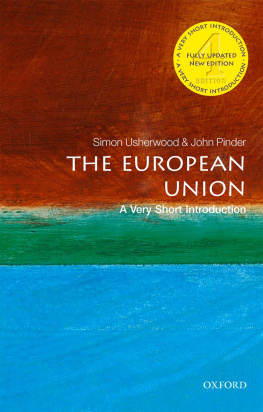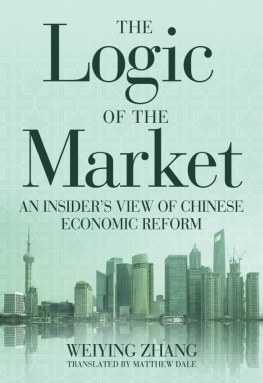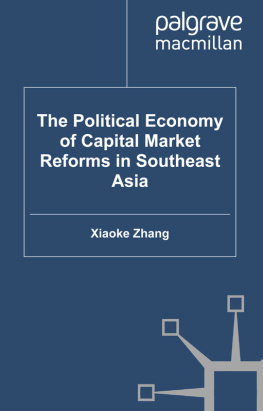Playing the Market
A Political Strategy for Uniting Europe,
19852005
NICOLAS JABKO
CORNELL UNIVERSITY PRESS
Ithaca & London
For Che
The question that was on the table was the re-launching of Europe, but how?I had to fall back on a pragmatic objective that was also in tune with the Zeitgeist [of the mid-1980s], since at the time everybody talked about deregulation and about the elimination of barriers to competition and to the operation of the market.
Jacques Delors, president of the
European Commission, 198494
I am seeking to play my part in making the Community deregulatory and in opening it to the outside world. That is my agenda. I make no secret of it.
Sir Leon Brittan,
member and later vice president of the
European Commission, 198999
Contents
Preface
This book is the product of many years of ruminations and research on Europes late-twentieth-century push for the single market and the euro. As a French graduate student embarking on an American PhD in the mid-1990s, I asked myself what I now realize has been an increasingly nagging question for the French: What is the role of liberal economic ideas in the drive for a united Europe? On May 29, 2005, France held a referendum on the Treaty establishing a Constitution for Europe, and 55 percent of French voters rejected it. The tipping factor according to opinion polls was not the fear of European integration as such but a widespread opposition to its perceived neoliberal orientation. Many voters, especially on the left, were wary of the European Unions market liberalization and anti-inflationary policies. Clearly, the degree of Europes market and monetary integration since the 1980s raises troublesome questions of political identity. This is true for all European citizens but particularly so for the French (including me), because of the historically central role of the state in the economy.
My motivation for reflecting on the single market and the euro is the assumption that Europes past carries interesting lessons for its future and for politics more broadly. At this time, the future of European integration appears highly uncertain. The French non may have inadvertently made it more difficult for the European Union to move beyond the economic focus that voters criticized. In any event, significant further advancements of European unification cannot be contemplated as long as the legacy of the European Unions past is not properly understood and digested. When I started working on this project ten years ago, it seemed clear to me that liberal economic ideas played some part in Europes market and monetary integration. But I wanted to understand how this worked in practice. Many fellow Europeans have often asked me with a touch of irony why I had gone all the way to the University of California at Berkeley in order to study European politics. In my view, Berkeleys ivory-tower environment was ideal for this scholarly investigation. I was immersed in a world-class intellectual community where I learned to use and address political science methods. And as a young French citizen researching the role of liberal economic ideas, I was also better able to establish a necessary critical distance from a highly polarized debate in my own country.
An established custom now dictates that I open a long list of acknowledgments; and I will gladly comply. I express my gratitude first to Steve Weber and to my other advisers: Chris Ansell, Jonah Levy, Neil Fligstein, and John Zys-man. All helped me specify what I was doing and saying, and they often rescued me from scientific dead ends. I owe a special intellectual debt to Ernie Haas, who was my adviser at the start and who taught me a lot. I also learned an incredible amount in long and still ongoing conversations with my peers, especially Keith Darden and Craig Parsons. After Berkeley, I joined the research faculty at Sciences Po in Paris. I thank especially Patrick Le Gals, Bernard Manin, and Michael Storper for their collegial encouragements and precious feedback on my work. I was also fortunate to spend time as a postdoctoral fellow at Princeton Universitys Center for International Studies, which enabled me to work on this book in a stimulating intellectual environment. Thanks especially to Kate McNamara, Sophie Meunier, and Ezra Suleiman.
Many other people helped me at various points along the way. For their enthusiastic support as editors, I thank Roger Haydon and Peter Katzenstein, as well as two anonymous referees for Cornell University Press. I am grateful for the useful comments on draft chapters that I received from seminar participants at Syracuse University, Johns Hopkins University, Harvard University, the University of Pennsylvania, New York University, Northwestern University, and the University of Washington. Thanks especially to Mark Blyth, Jim Caporaso, Frank Dobbin, Dan Kelemen, Andrew Martin, Jon Mercer, Andy Moravcsik, Paul Pierson, Claudio Radaelli, Rudra Sil, David Stasavage, and Amy Verdun. I thank Jeremy Richardson and two anonymous referees for the Journal of European Public Policy , who gave comments to me on a previously published version of my chapter on economic and monetary union (In the Name of the Market, JEPP [September 1999], published by the Taylor & Francis Group/Routledge). I also thank David Michel and Todd Shepard for reading through the entire manuscript and helping me fix some glaring problems. Last but not least, I thank the many EU and member-state officials as well as industry executives who granted me interviews on an anonymous basis.
Finally, I acknowledge the main funding sources and institutional support for my research. For generous financial support, I thank the MacArthur Foundation, the Institute of Global Conflict and Cooperation, the Center for German and European Studies, and the Department of Political Science at UC Berkeley. I also acknowledge Princeton Universitys precious postdoctoral fellowship. I thank Sciences Pos Center for European Studies for its support of a political economy seminar that has provided me with a stimulating intellectual environment. Although grateful for all the assistance and support I have had, I take all responsibility for any shortcomings in the book.
NICOLAS JABKO
Paris
ONE
A Quiet Revolution
The move toward greater European unity in the 1980s and 1990s is widely seen as the acceleration of an arcane process that began in the 1950s. Conventional wisdom holds that the global quest for trade liberalization and market reforms relaunched Europe around the single market and the euro. Market globalization and European integration thus come into view as relentless and mutually reinforcing processes. The problems facing Europe at the turn of the twenty-first century, then, stem from a political backlash against the logic of past integration. Citizens are calling for a clear, open, effective, democratically controlled Community approach, as European leaders put it at the beginning of their protracted constitution-drafting exercise in December 2001. In other words, many Europeans regard the process of regional integration as opaque, elitist, ineffective, and technocratic. This public perception that Europe has a democratic deficit is relatively new. With the fading of World War II memories, the founding fathers high-minded purpose of establishing peace on a war-prone continent began to sound somewhat abstract. Europes original promise has been so successfully fulfilled that what the European Union stands for has become hazy.
Without denying the importance of this new predicament, in this book I dispute the underlying assessment of the latest big push for European unity. Contrary to conventional wisdom, the revival of Europe in the 1980s and 1990s cannot be easily explained by the combined logic of market globalization and regional integration. Global economic interdependence was, in fact, perhaps more likely to lead to fragmentation than to further integration. Instead, the integration process was relaunched and Europe underwent a quiet revolution. The launching of the single market and the euro signaled a fundamental reinstitutionalization of the European economy. Market reforms reached deep into economic and social structures, while the European Unions decision-making process moved decisively toward the center of the European political stage. The contrast between the late twentieth-century period of revolutionary change and the incremental diplomacy of early European integration in the 1950s and 1960s is striking. The push for European unity quickly went far beyond international trade liberalization and functional institution building. In less than two decades, economic governance in Europe went through its deepest transformation since the end of World War II, leading to the emergence of a distinctive European model of political economy.

